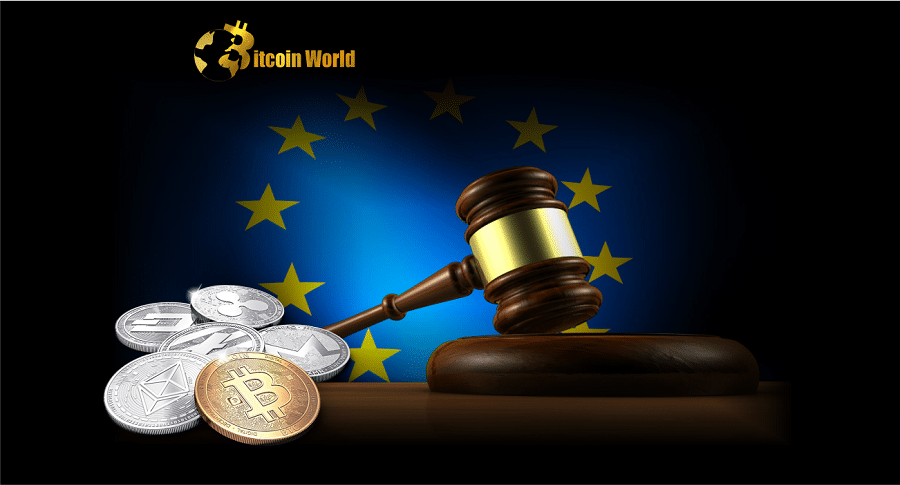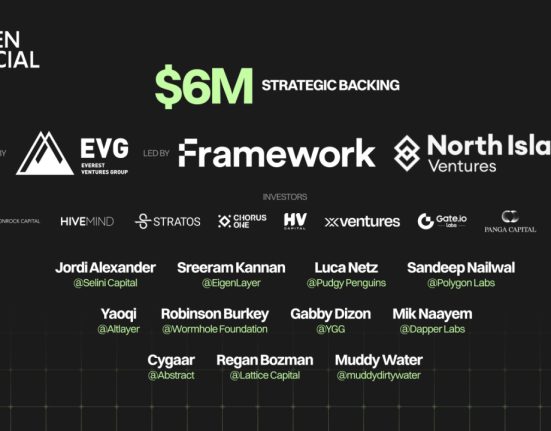The European Union’s anti-money laundering package includes crypto assets, which have occupied a lot of discussion space. Two of the committees of the European Parliament that are in charge of the bill will vote on whether or not to accept the text on Tuesday.
Many requirements are presently present for businesses providing services to the EU’s crypto industry. Even though the law has advanced with this vote, changes could still be made. The AML bill must pass a plenary vote following the committee votes in order to go on to inter-institutional negotiations.
The anti-money laundering regulations also apply to decentralized autonomous organizations and decentralized financial systems. According to a draft that The Block was able to receive, they will be required as long as they are “managed directly or indirectly, including through smart contracts or voting protocols, by identified natural and legal persons.”
Unlike the soon-to-be-enforced Markets in Crypto-Assets regulation in the EU, NFT platforms are recognized as required companies under the anti-money laundering bill. To close the regulatory gap is the goal.
If they allow cryptocurrency transactions for more than €1,000 ($1,080), credit and financial institutions must take due diligence precautions. Also, there are stricter due diligence procedures for transactions involving self-hosted wallets and correspondent agreements with non-EU crypto service providers.
Transactions from self-hosted wallets with a value of more than €1,000 will be restricted for use in commercial cryptocurrency payments unless the wallet’s owner can be verified. The European Commission is required to decide in three years whether to modify the commercial payments rule to comply with rules like the framework for digital identities in the European Union and the recently proposed Anti-Money Laundering Authority.
Both anonymous bank accounts and anonymous cryptocurrency accounts would be forbidden by the regulation. Additional anonymizing devices like tumblers, mixers, and privacy wallets are classified as higher risk. Also, the Commission will determine if they ought to be outlawed in the future.














